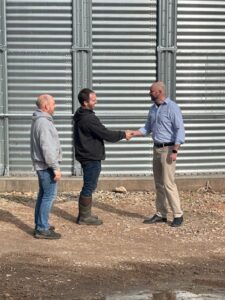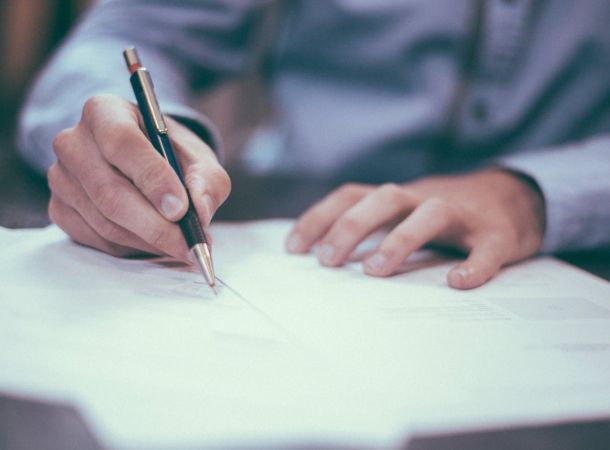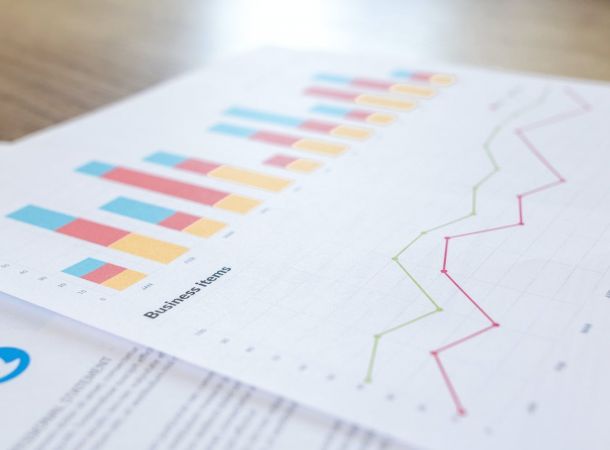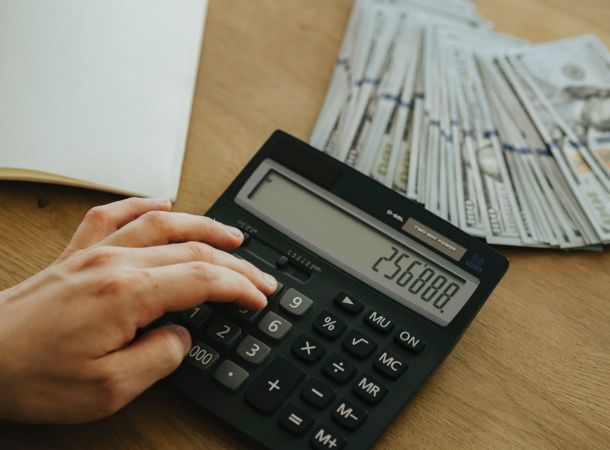Why Lease Farm Equipment and Buildings?

First Financial Bank
Do you need to acquire a piece of agricultural equipment or a farm building to replace one that has worn out or to expand your operations? Leasing may be a great option for you.
No matter what you are producing, there are a variety of agricultural buildings and equipment you need to be successful:
- Livestock housing specific to the type of animal: hogs, dairy cows, beef cattle, sheep, and poultry.
- Other types of storage structures: grain silos, refrigerated milk tanks, feed storage barns, hay barns, wine tanks, and equipment sheds.
- Larger scale farm technology that supports the process of production: tractors, combines, sprayers, irrigation equipment, planters – and more.
- Solar panels and other large energy saving devices.
What will it cost to purchase one of these items outright? These items start at the high-five figures – and rise well into the millions of dollars. At some point, you will be in the market for one or more of these big-ticket items because you need to grow your business or replace something that is no longer functional. Leasing may be a better option to get what you need, when you need it. It may also be tax deductible which could help accelerate your depreciation. Always consult your CPA to confirm the tax situation.
Leasing vs Buying Farm Buildings and Equipment
Buying an agricultural building or equipment requires a large outlay of cash upfront. This is cash that you could be using for other operational needs and/or protection against future emergencies. Additionally, these items will typically not appreciate in value over time.
Instead, if you decide to lease what you need, there can be many positives that arise:
- Lessening the impact on your cash flow to acquire what you need. Lease payments are typically smaller than what you would have paid to buy the building or equipment outright. That cash can then be available for your other business needs.
- Gaining more features/functionality than you could have afforded otherwise. Equipment has gotten more sophisticated providing automations and capabilities that can extend your work reach – without adding more workers. But with that functionality comes more cost. Leasing lets you access those advantages without buying it outright. It can provide you with an opportunity to “test the waters” for the functionality before buying and/or smooth out the costs of acquiring what you need on a payment schedule through the lease.
 Have the right equipment when you need it. You may only need a piece of equipment for a few seasons. You may not have the capital right now though you need the storage building immediately. Leasing provides the flexibility to contract for what you need and get it when you need it.
Have the right equipment when you need it. You may only need a piece of equipment for a few seasons. You may not have the capital right now though you need the storage building immediately. Leasing provides the flexibility to contract for what you need and get it when you need it.- Taking advantage of any tax breaks. Farm equipment and buildings that are leased vs purchased fall under different tax rules. Depending on what is being leased and the associated terms (costs, etc.), there may be some tax benefits for you. Leased elements are depreciated differently. For example, if you purchase a multi-purpose building, depreciation would typically occur across 20 years or even 39+ years, if it holds your office. But if leased, those payments could be tax deductible and it depreciates much quicker. As always, you’ll definitely want to talk to your tax advisor about whether this is a benefit for your situation.
- Becoming eligible for grants and other sources of money or savings. In addition to the other benefits above, if you lease solar panels, you may also be eligible for grants and programs like Rural Energy for America Program (REAP). “For example, a dairy farmer can get a REAP grant for a large portion of the solar panels’ cost and a lease for the remainder. The savings in energy can pay for the panels during the term of the lease,” said Josh Dickson, National Leasing Manager for Agriculture at First Financial Bank.
- The process can be quicker and easier than a standard loan process. Lease financing for a building can help accelerate you to the building phase. Here at First Financial Bank, if you have your financial statements ready, navigating the lease financing for a building or piece of equipment for less than $1 million can literally happen in days. If the price is over $1 million, it might take a bit longer.
What are some of the downsides? There are two in particular:
- You can’t use it as collateral for another loan. Since you are only renting the building, it is severed from your current real estate value until the lease is paid in full.
- You may pay more in the long-term. The lease enables you to preserve your working capital to be used for other needs in your operation. When the lease expires, if there is a purchase option, you may have spent more than if you had bought it outright initially – but depending on any tax advantages, this may be closer to a break even overall.
Again, there may be tradeoffs in tax liability and the cost of money that you’ll want to consider. Work with your accountant or tax advisor to run the numbers.
Partnering with Your Lender for Best Approach
When considering acquiring a new structure or piece of equipment, you will want to work with your lender to consider the optimal approach for your situation. They can help you evaluate your current situation, taking into account the different factors:
- Current debt load and structure.
- Your tax liability standing.
- Other needs and plans in the works.
Josh Dickson shared an example: “A customer recently needed a large new confinement barn that costs $700k. Unfortunately refinancing his current loans wouldn’t gain him any additional cash flow because those debts are at a lower interest rate than the current market rate. After discussing options with us, he instead got financing to lease the barn at the current market rate, while keeping the lower rate for the rest of his existing debt. You never know what will happen to the rates over the next decade; if it drops below his lowest current rate, he could consider refinancing at that time.”
Taking the Next Steps
Working with lenders who have walked in similar boots is a great place to start. We can help you navigate the process for evaluating and acquiring the farm building or equipment you need to lease to successfully run your business. Throughout the process, we stay in touch with you to keep connected and help you stay informed of what is happening. ICBA recognized our deep experience, expertise and customer service by naming First Financial Bank the 2024 “Top Ag Lender in the Nation” in the $1B asset category. Whether you are just starting out as a farmer or have been at it for decades, we want to work with you to help you be successful as a farmer or rancher.
Want to discuss your plans with lenders who have deep experience in farming and ranching? Contact us for a free consultation.

What Kinds of Software Do Farmers Need?
The more you can reduce the guesswork, the more profitable your farm may be. That’s where agricultural software comes in.

How to Get Your Loan Decision Faster
Have you ever applied for a loan and only have it sit on your lender’s desk for days without an answer?

Well Prepared Financials Reflect Good Management Skills
Good production numbers are great, but management skills are a must in today’s environment of tight margins and the endless pressures from third parties.

